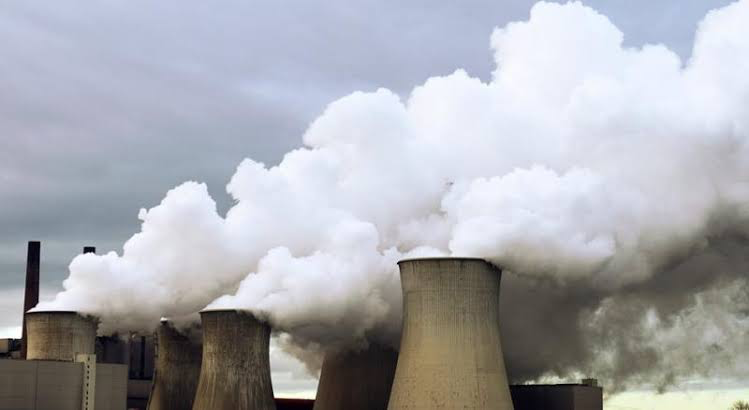KEY POINTS
- Fossil fuel subsidies reduce fuel costs but strain government budgets
- Removing subsidies can boost renewable energy investment and diversification
- Shifting to cleaner energy requires social protection for vulnerable households
Fossil fuel subsidies have long played a significant role in shaping energy prices across African markets. These subsidies, provided by governments, aim to make fuel more affordable for consumers and stabilize the cost of essential commodities like petrol, diesel, and kerosene.
For many African countries, subsidizing fossil fuels is seen as a way to shield citizens from the volatility of global oil prices.
Without subsidies, everyday essentials like transportation, food, and manufacturing costs could skyrocket, leading to inflation. Countries like Nigeria, Angola, and Egypt have maintained fuel subsidies to protect vulnerable populations from economic hardship.
However, while subsidies provide short-term relief, they also come with long-term economic burdens. African governments spend billions of dollars annually to keep fuel prices artificially low.
In Nigeria, for example, fuel subsidies have historically accounted for a significant portion of the national budget, diverting funds that could be used for healthcare, education, or infrastructure development.
For consumers, the impact of fossil fuel subsidies is twofold. On the one hand, they reduce fuel costs and make transportation more affordable. On the other hand, subsidies distort market competition, discouraging investment in cleaner energy alternatives like solar and wind. This, in turn, slows down Africa’s transition to renewable energy.
Economic consequences of removing fossil fuel subsidies
Removing fossil fuel subsidies can have both positive and negative effects on African economies. On the positive side, subsidy removal frees up government resources for other essential sectors like education, healthcare, and infrastructure. Countries like Ghana, Kenya, and Sudan have embarked on subsidy reform to reduce fiscal pressure on their budgets.
However, the short-term effects of subsidy removal often trigger public protests, inflation, and political backlash. For example, Nigeria’s recent decision to end fuel subsidies sparked public demonstrations and increased transportation costs. Businesses that rely on cheap fuel, such as logistics and transportation companies, also bear the brunt of higher costs, which are eventually passed on to consumers.
Economists argue that phasing out subsidies could ultimately lead to a more competitive energy market. By allowing market-driven fuel prices, countries attract private sector investment in renewable energy. This shift also encourages energy diversification, reducing over-reliance on fossil fuels. Over time, consumers become more open to adopting alternatives like electric vehicles (EVs) and solar-powered systems.
To manage the economic impact of subsidy removal, some governments offer social protection measures. Ghana, for example, implemented a targeted cash transfer program to support vulnerable households affected by higher fuel prices. This approach ensures that the poorest households are protected from the adverse effects of subsidy reforms.
Shifting to sustainable energy alternatives in African markets
With growing global pressure to reduce carbon emissions, many African countries are rethinking their reliance on fossil fuel subsidies. International organizations like the International Monetary Fund (IMF) and the World Bank have encouraged African governments to remove fuel subsidies and transition to cleaner energy sources.
By shifting away from subsidies, African countries have an opportunity to boost renewable energy investments. The funds previously used to subsidize fossil fuels can be redirected toward solar, wind, and hydropower projects. Countries like Morocco, South Africa, and Kenya are leading the way in renewable energy development, with large-scale solar farms and wind projects now supplying clean electricity to millions of households.
In addition, governments are promoting electric mobility as part of their clean energy agenda. Kenya and Rwanda, for instance, have introduced policies to encourage the use of electric motorbikes and buses. These initiatives aim to reduce reliance on petrol and diesel while promoting sustainable urban transportation.
However, the transition is not without its challenges. African countries face the risk of energy poverty if subsidies are removed too quickly.
Rural communities and low-income households, which depend on kerosene for cooking and heating, may struggle to afford cleaner alternatives like liquefied petroleum gas (LPG) or solar home systems. To address this, governments must introduce social safety nets, provide incentives for clean energy adoption, and promote energy efficiency to cushion vulnerable groups.
The future of Africa’s energy market depends on how well countries balance economic stability with sustainability. Reducing fossil fuel subsidies offers a pathway to clean energy transition, but only if accompanied by social safety nets, investments in renewables, and affordable access to clean energy technologies.



